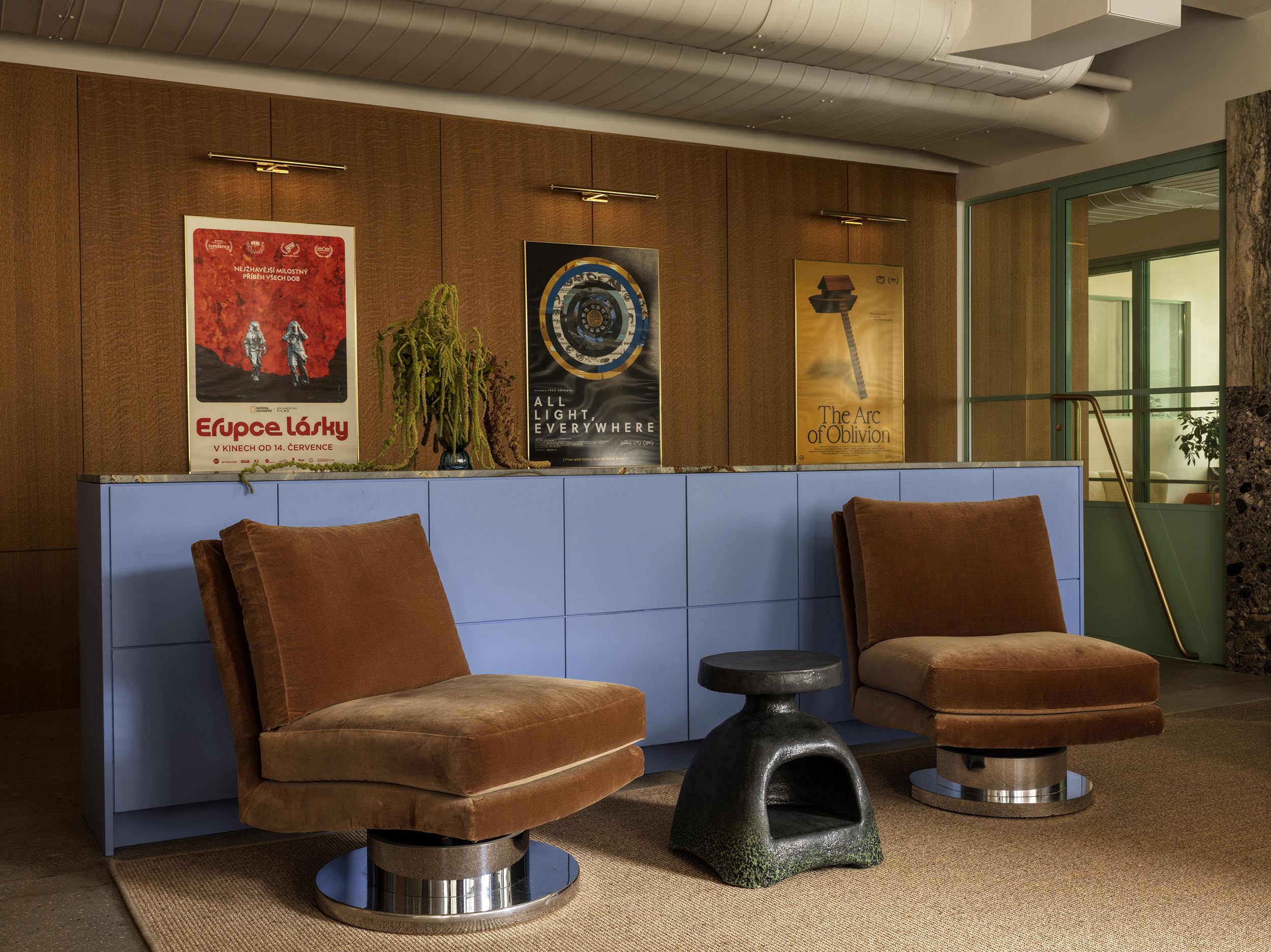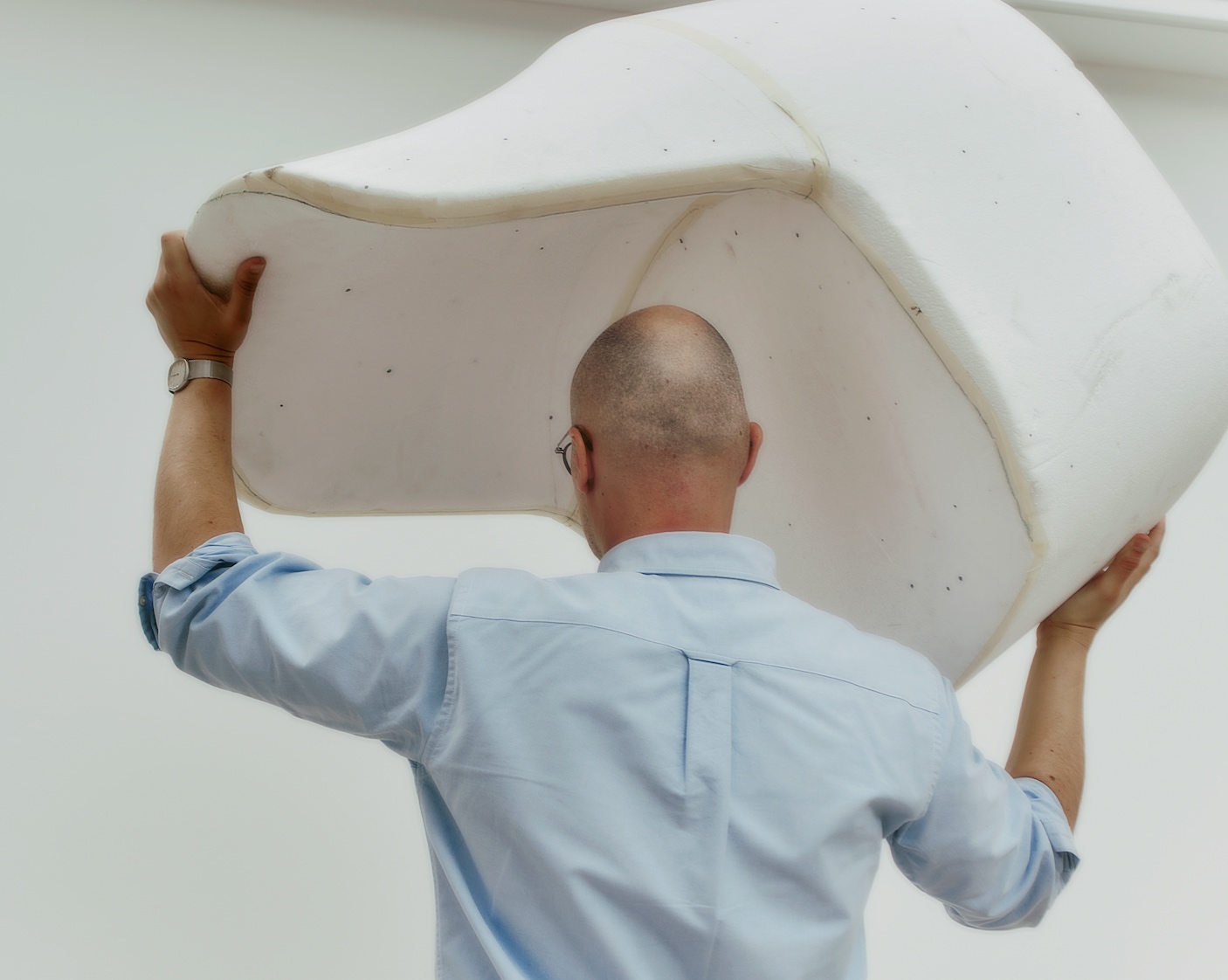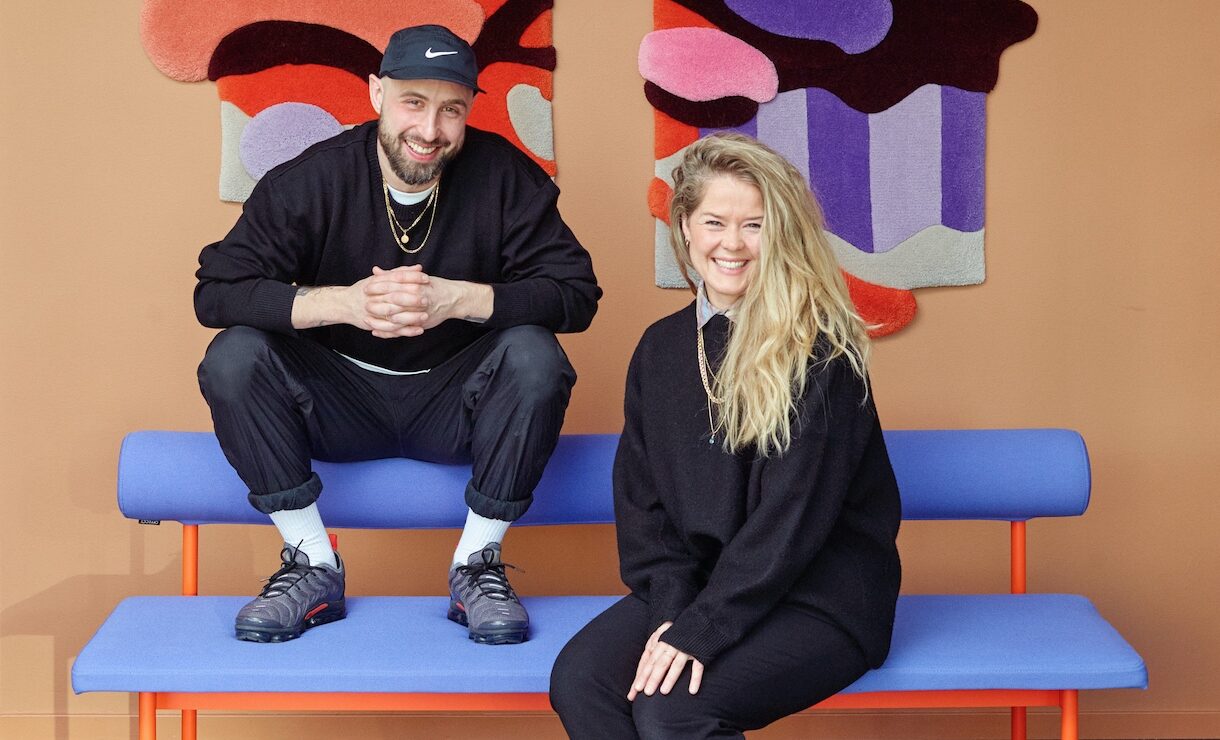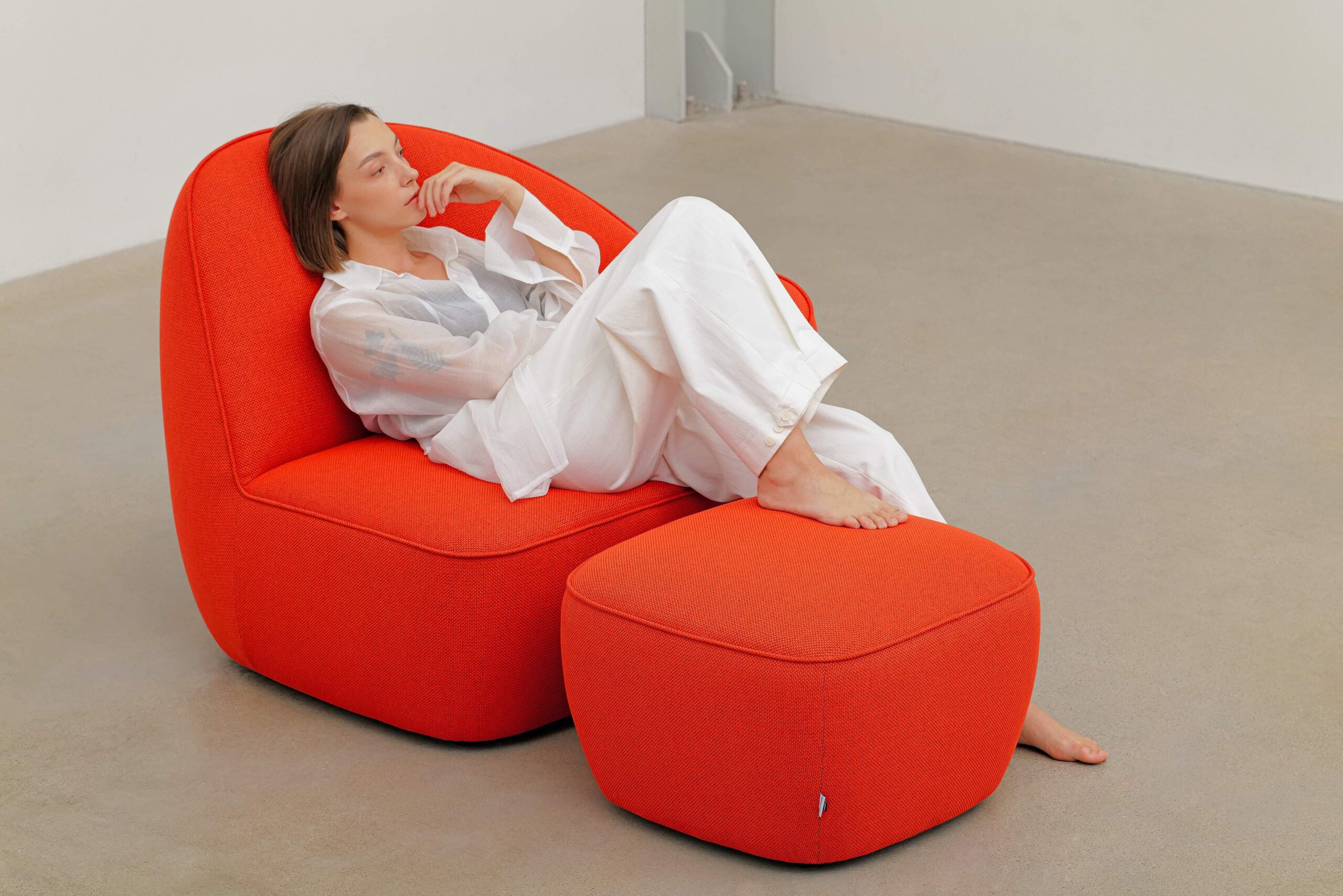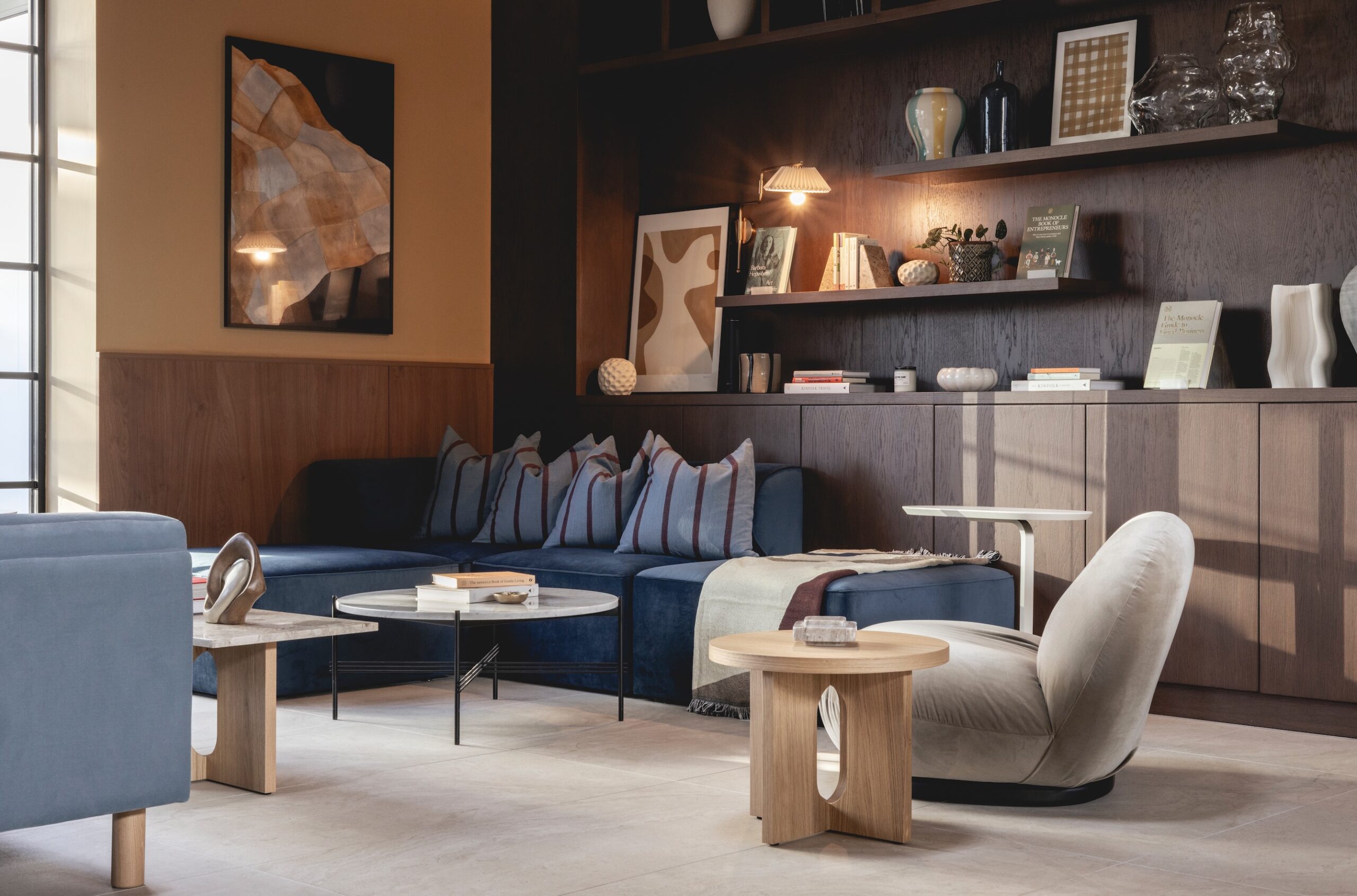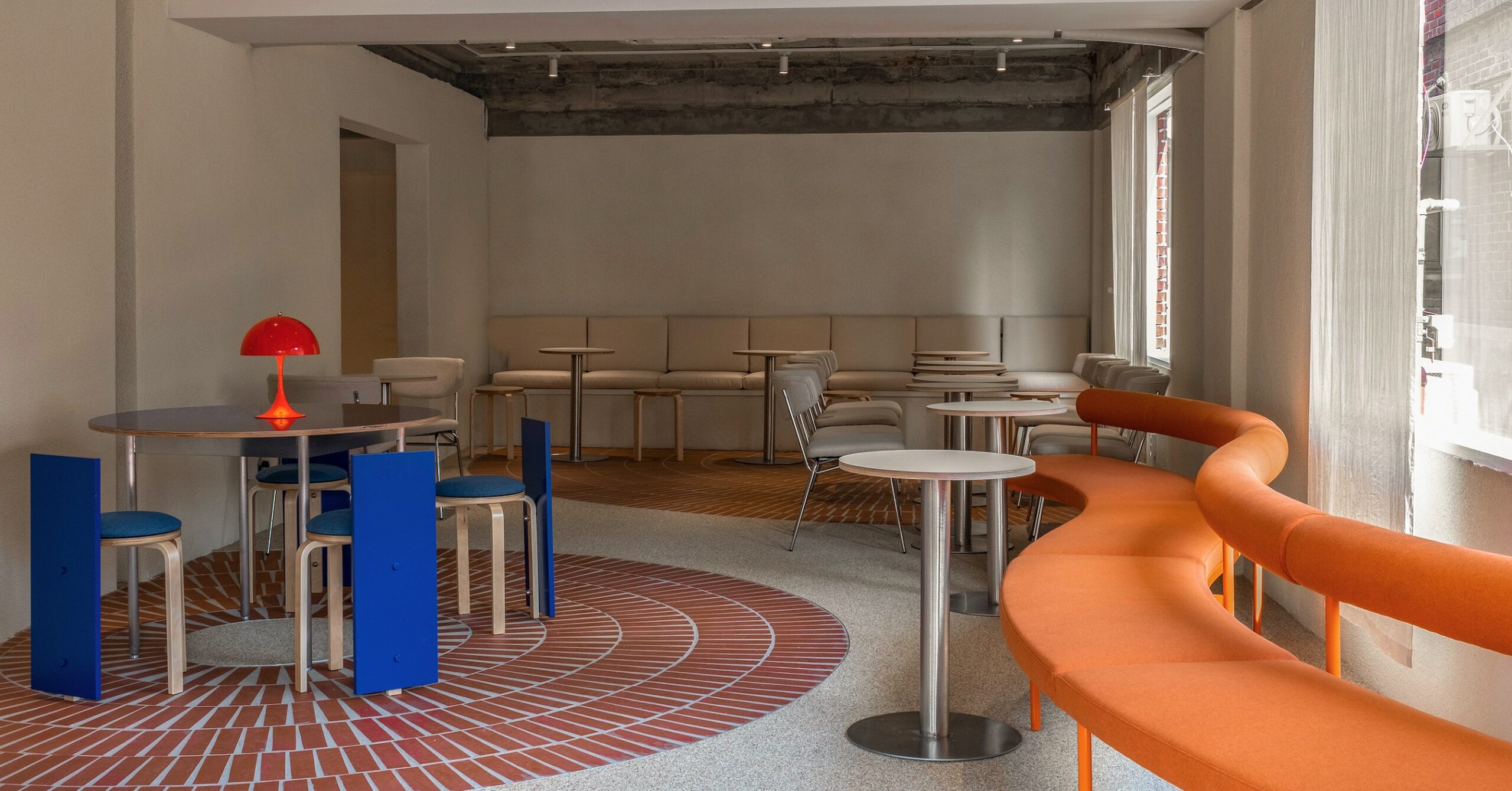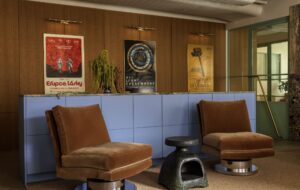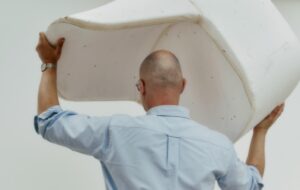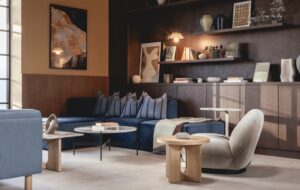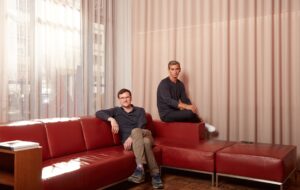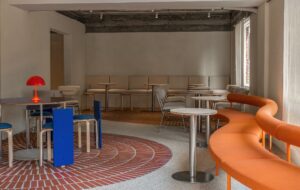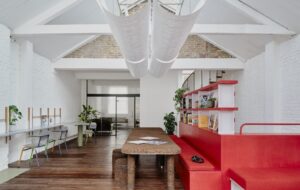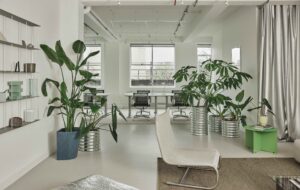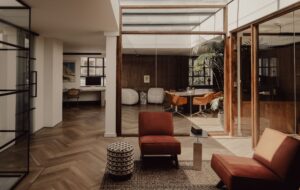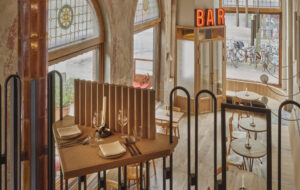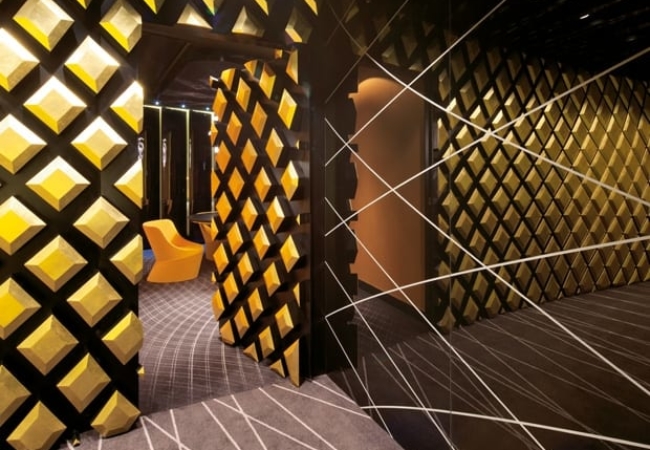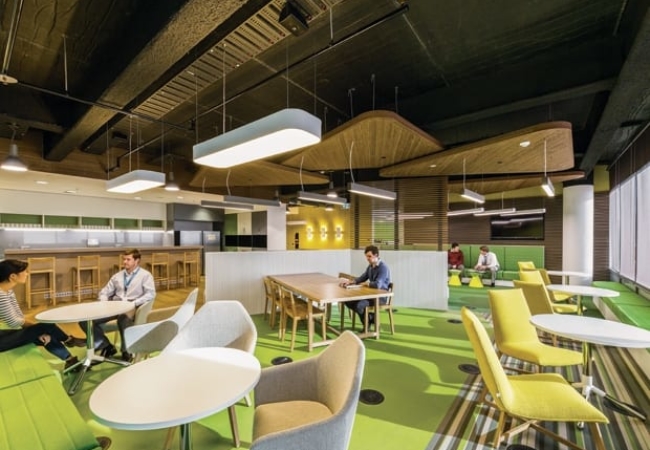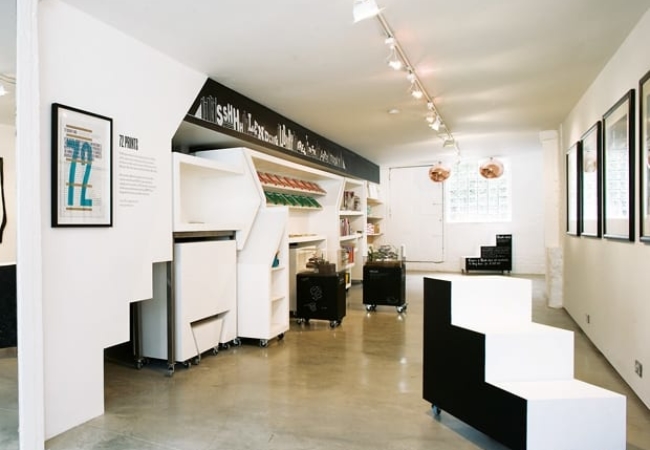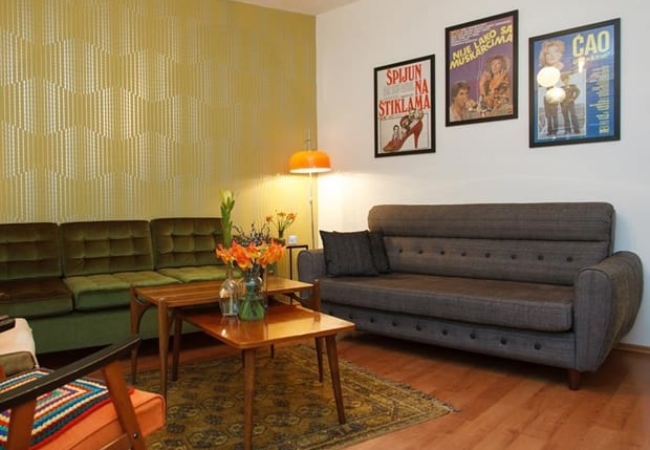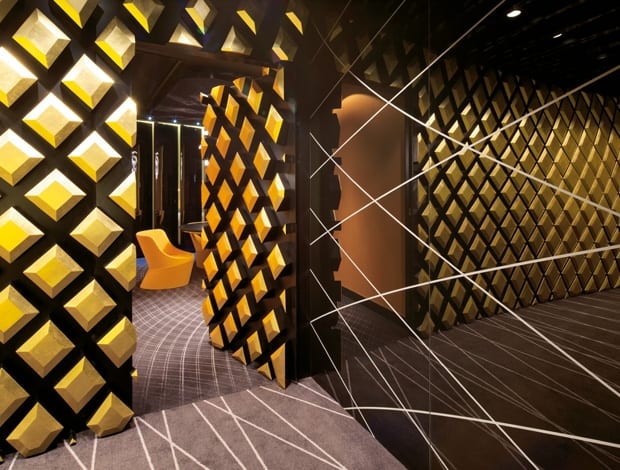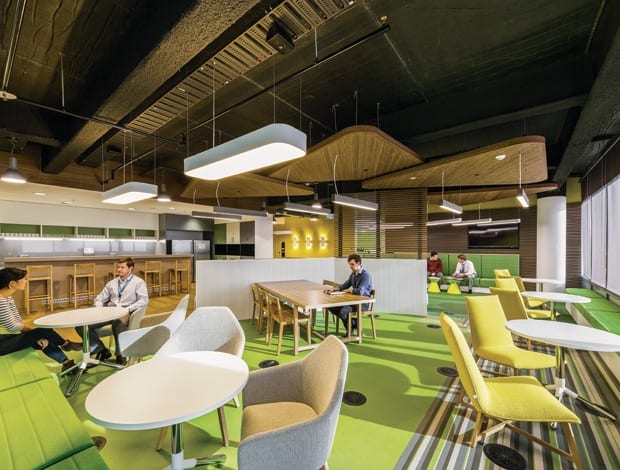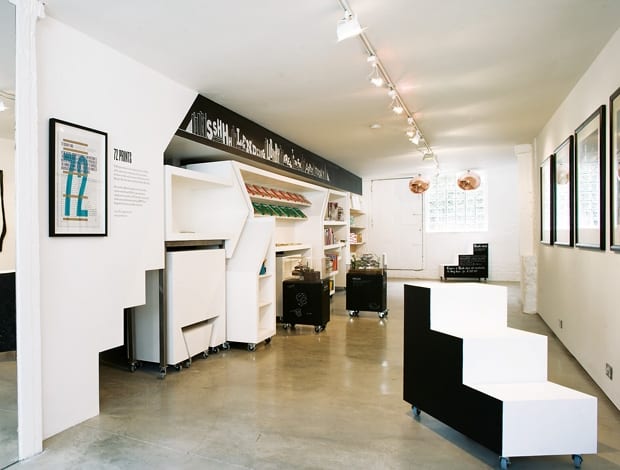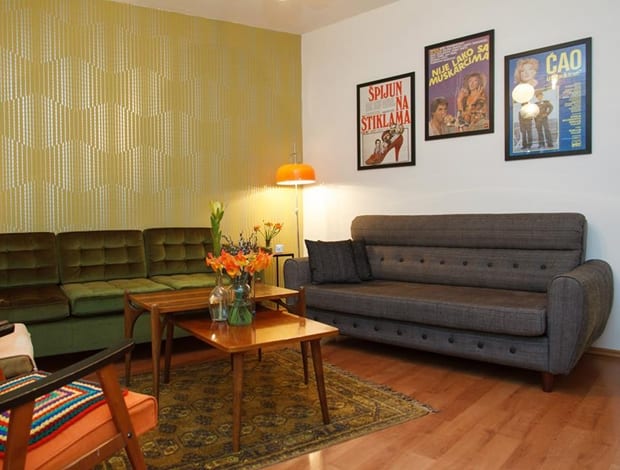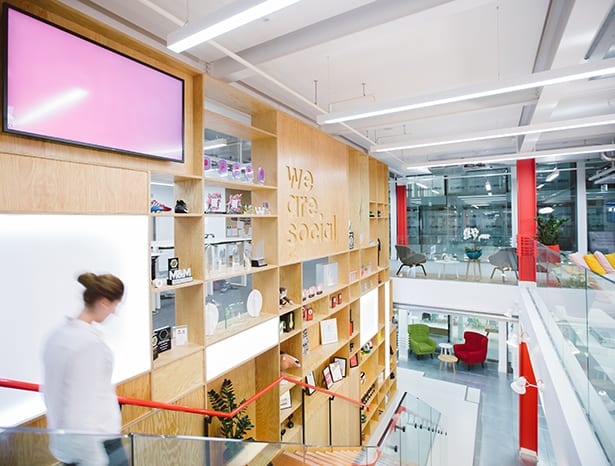 |||
|||
Every generation has different needs – yet one might argue the workplace has not considerably changed in recent years. London-based interior design firm YourStudio has been rethinking the workplace, attempting to determine the characteristics of a successful work environment. ‘The world of work in our view has changed dramatically; people are more connected, distracted, and overloaded than ever before. The blueprint of open plan just doesn’t work,’ explains Tom Philipson, co-founder and managing director at YourStudio. The workplace is not a one size fits all type of environment – and Philipson believes it should adapt to the employee rather than the other way around. ‘The new multi-generational workforce are driven by values, collaboration and flexibility – people don’t just want to work, they want to be part of something.’

Through extensive research based on statistics, interviews and personal insights, YourStudio established five principles that it argues constitute an effective, progressive and healthy workplace for the next generation: purpose, health, freedom, growth and community. However, YourStudio insists that specificity is crucial. Pointing to different projects they have worked on, such as workplaces for We Are Social and Citizen, Philipson says: ‘Every company has their own unique culture and the environment needs to evoke the necessary mood for their workspace.’

It might seem overly ambitious to aim for workplaces to suit each employee’s individual needs, but the key to this is striving for flexibility to allow everybody to work in their own way. Philipson mentions, for example, the distinctions between introverts and extroverts. ‘[Currently] the workplace is set-up for extroverts to succeed, while introverts are being left behind,’ he says. Introducing a workplace typology customized to cater to both introverts and extroverts would immediately increase efficiency, proving how beneficial for employers and employees alike it is to make such adjustments.

When asked about the most striking realization the firm came to when exploring the transformation of workplaces, Philipson names the correlation with mental health. ‘Work has such a huge role in whether we have a sense of purpose,’ he reveals. The apparition of new technologies and the advancements made in the field of robotics over the past few years have proven detrimental in this sense. ‘The workplace of the future is going to be a key factor in keeping employees happy and maintaining a feeling of belonging,’ he concludes. Seems like it’s time to adapt.

Interior design practice YourStudio has conducted extensive research in an effort to find out how offices need to adapt to a changing workforce

